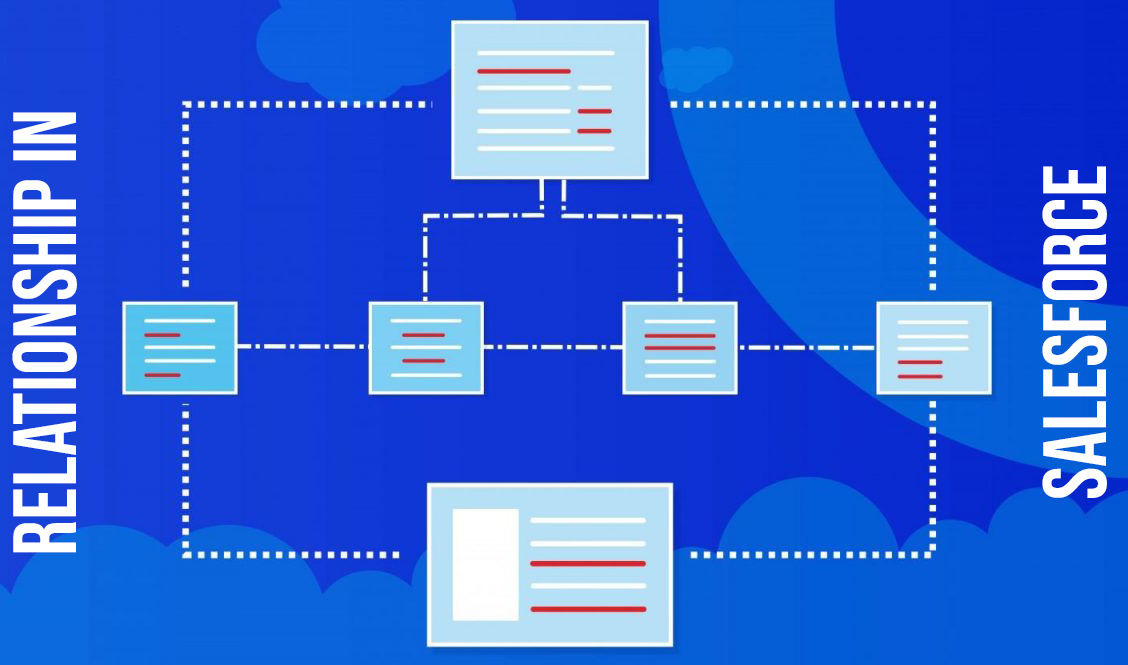
The Salesforce Admin role is considered one of the most common job roles across the ecosystem. The role is commonly referred to as the entry point into Salesforce. Becoming a Salesforce administrator is a rite of passage for many of us, regardless of how you got there—whether you were an “Accidental Admin” or had your sights set on another role in the ecosystem.
Moreover, one huge benefit of becoming a Salesforce Admin is that it submerges you within the Salesforce ecosystem. You are getting firsthand knowledge of the platform’s capabilities, the ways in which its many users engage with it, and the ways in which it ultimately impacts a company’s revenue. Let’s explore the different types of Salesforce admin jobs for career growth.
Salesforce Admin Role as a Springboard
There are multiple advantages of working in a role as a Salesforce Admin, but here we have mentioned two most important job roles.
As mentioned above, you are watching first-hand how businesses utilise Salesforce. The other job profiles in Salesforce Ecosystem, like working in a consultancy, ISV, or Salesforce themselves, you will be working with end-users. Comprehension is necessary to a business that utilises Salesforce, and being able to highlight with customers, is a imperium.
It is possible to work at any of these organisations without working for an end-user initially, but it may be firm to really understand the benefits of Salesforce, why businesses really require it, and what they are anticipated to get out of their execution.
Secondly, you will be intended to have a very wide exposure of working across, or with, various roles. If you are a solo Admin you will be exhausting multiple different hats, and if you are working in a larger team, you will be working alongside various roles and functions. This gives you an enormous advantage in properly recognizing what you enjoy, and where you want to take your career.
Money, titles, and pride all play an important role to move on from your recent organisation, but the most necessary aspect is to find a role you enjoy and that challenges you. Your decision should also take your future professional path into consideration.
Let’s examine some of the most popular career routes chosen by Salesforce administrators who are looking to transition:
- Functional Consultant
Salary expected – $130,750 – $155,750
The foundation of Salesforce Consultancies, sometimes referred to as Solution Integrators, is made up of Salesforce Consultants. The huge audience of Salesforce end-users will be affiliated with a consultancy, whether it was when their starting implementations when they initiated Salesforce, for ongoing maintenance, or for more composite pieces of their organisation.
Salesforce consultants after Salesforce Admins vary as they are of two types mainly functional and technical. Since they can typically go, the technical consultants tend to be more senior. Conversely, functional consultants resemble salesforce administrators more than technical consultants.
Moreover, the functional consultants can have a wide width of responsibilities. In little consultancies, you may be included in a project from pre-sales to needs gathering, implementation, and go-live. Whereas, in huge firms, you may just be brought in for the authentic implementation. Multiple consultancies are a swarm of knowledge, you will be working with people who are much more senior, offering a great opportunity to learn, whilst working on difficult projects.
- Business Analyst (Salary expected – $116,000 to $144,750)
Getting a section bored with custom fields, reports, and flow? In case, you desire to work closer with the business on needs, user stories, and business process mapping? Introducing the business analyst, who was in high demand a few years ago.
Moreover, the business analyst role is proportionally new in the Salesforce ecosystem. Whilst it will have subsisted for multiple years in some form or another, it was only decades ago that Salesforce made a relevant business analyst certification for the role.
Business Analysts are an important part of the Salesforce ecosystem and may work as either an end-user in a huge team or in a consultancy. They are the bridge between the business and the technical teams, to make sure that the needs are properly congregated, the business is understood, and offering user stories for the technical team to create a solution.
Moreover, in some consultancies and firms, the admins or consultants will be tasked with various responsibilities. This can successfully work on various projects, you usually require to bring out the big guns for complex projects.
- Product Owner (Salary – $150,000+)
Incase, you love being a Salesforce Administrator but are seeking for that next step up in your career, becoming a product owner just might be the ticket efficiently. Moreover, Salesforce product owners could also be known as CRM managers, or senior admins, and work for end-users. Typically, they won’t be engaged in the actual technical implementation. Instead, they will be a supreme team of technical individuals and support them in prioritising relevant projects to meet the desired goals.
Product owners’ primary responsibility in Salesforce is to collaborate closely with business stakeholders to comprehend their objectives and demands. These needs will then be prioritised and communicated to the team to implement the required changes.
- Niche Ninja (Salary – $150000 – $200,000)
In case, you are seeking a good Salesforce admin job for career growth then Niche ninja can advance your career instantly.
As Salesforce becomes more drenched at the Admin level, it’s necessary to stand out from the crowd and find your USP as a successful Salesforce professional. Conversely, the majority of Salesforce ecosystem niches are typically exclusive to Salesforce experts who have worked with the platform for decades.
- Admin+Developer= Admineloper (Salary – $ 150,000- $200,000+)
The Salesforce Admin and Developer roles have usually always been set apart, there is an increase in demand for Admin and developer, a hybrid role that joins declarative and programmatic responsibilities.
As the salesforce admin job market is recently diminishing, employers are seeking to get more bang for their buck. Instead of hiring tw expensive resources on highest paying salaries, they would rather request one resource, with the skills for two, and so the Salesforce Admin + Developer was initiated.
Salesforce Developers are usually paid higher salaries than admins, due to which they have to face the barrier to learning how to code. This means that few admins may go for the Salesforce developer career path if they have knowledge about Apex and LWCs.
Conclusions:
The Salesforce Administration role offers a fantastic foundation for you to grow your career deeper into the Salesforce ecosystem, and the skills that you have built up over decades that can easily be seen by transferring it into other roles. Moreover, the salesforce ecosystem is usually powered by end-users spending money on more Salesforce products, Appexchange products, and Salesforce consultancy projects successfully.
Atlast, you will have the good understanding of why and how end-users use Salesforce, you will be an asset to any of the top-notch companies.






